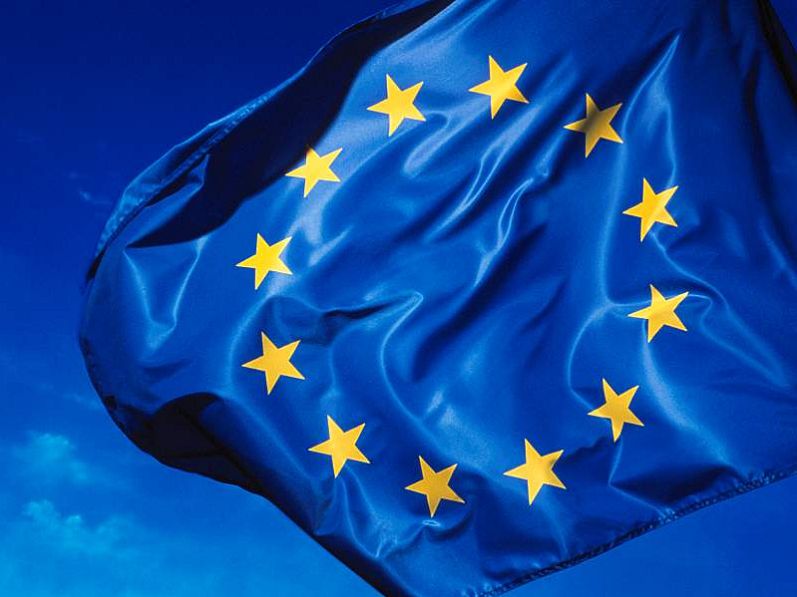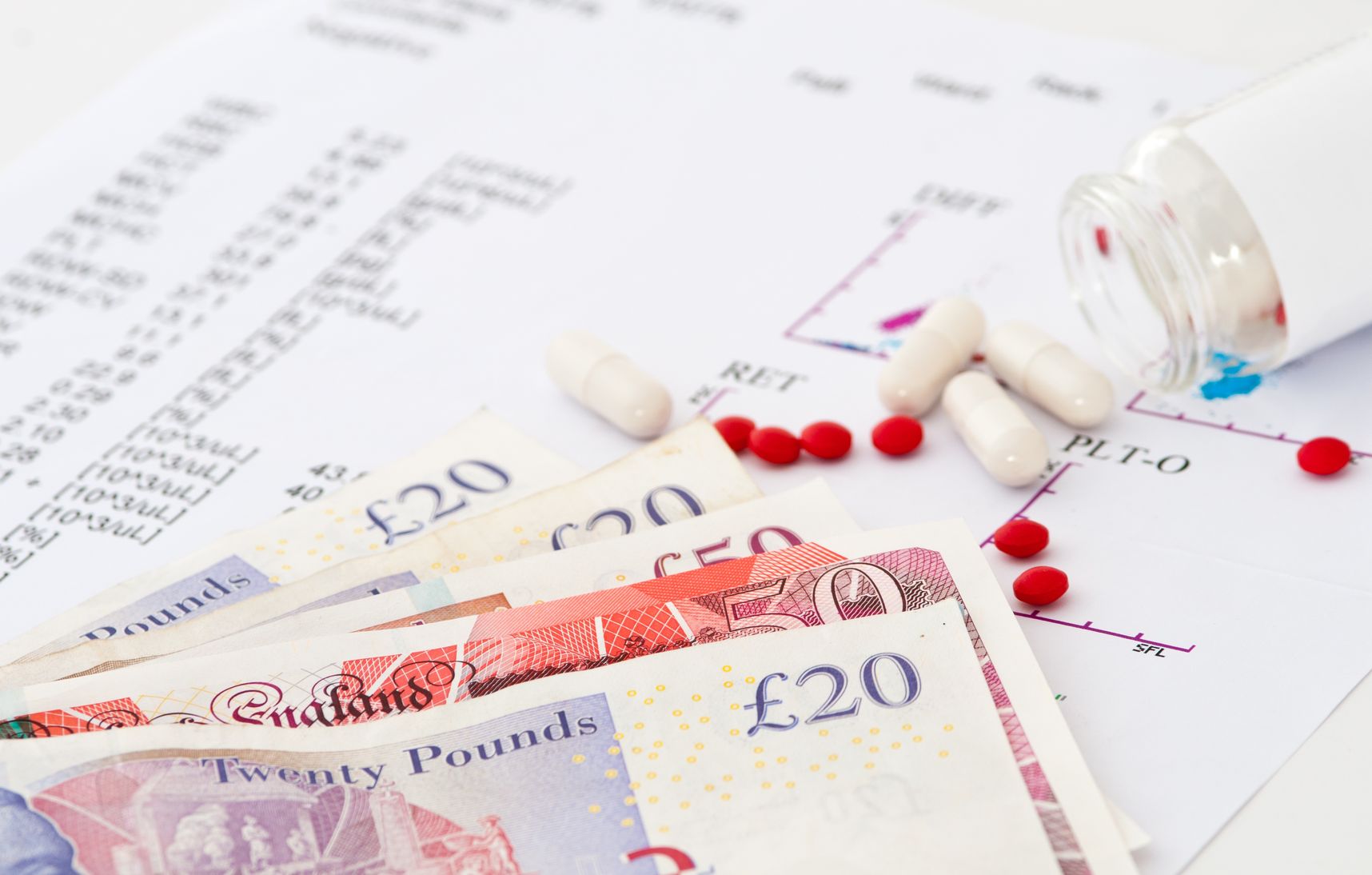In a speech delivered on Friday, UK Prime Minister Theresa May said her government was looking into ways the country could remain part of the European Medicines Agency (EMA) after Brexit is complete. While the announcement was a welcome one for members of Britain’s biopharmaceutical industry, it’s unclear whether the European Union (EU) will allow a non-member state to benefit from membership in the regulatory agency.
“Membership of the European Medicines Agency would mean investment in new innovative medicines continuing in the UK, and it would mean these medicines getting to patients faster as firms prioritise larger markets when they start the lengthy process of seeking authorisations,” said May.
RELATED: EMA Expresses Concern Over Potential Post-Brexit Drug Supply Shortages
If the UK and the EU reach an agreement, the country’s drug and device makers would benefit from an established regulatory framework for commercializing and marketing their devices in the soon-to-be 27 member states in the EU. So, what’s in it for the EU? May suggested the UK might need to make a financial contribution to stay with the EMA.
“But it would also be good for the EU because the UK regulator assesses more new medicines than any other member state. And the EU would continue to access the expertise of the UK’s world-leading universities,” said May.
“It is good to see the PM’s recognition of the importance of ‘ensuring that these products only need to undergo one series of approvals, in one country,’” said UK Bioindustry Association (BIA) CEO Steve Bates. “The PM has also listened to BIA members who have consistently made the case that ‘it is strongly in their interest to have a single set of regulatory standards that mean they can sell into the UK and EU markets.’”
But no amount of negotiation will keep the EMA headquartered in London. By this time next year, the EMA expects to have completed their move to Amsterdam, taking with it 900 skilled jobs.










Join or login to leave a comment
JOIN LOGIN